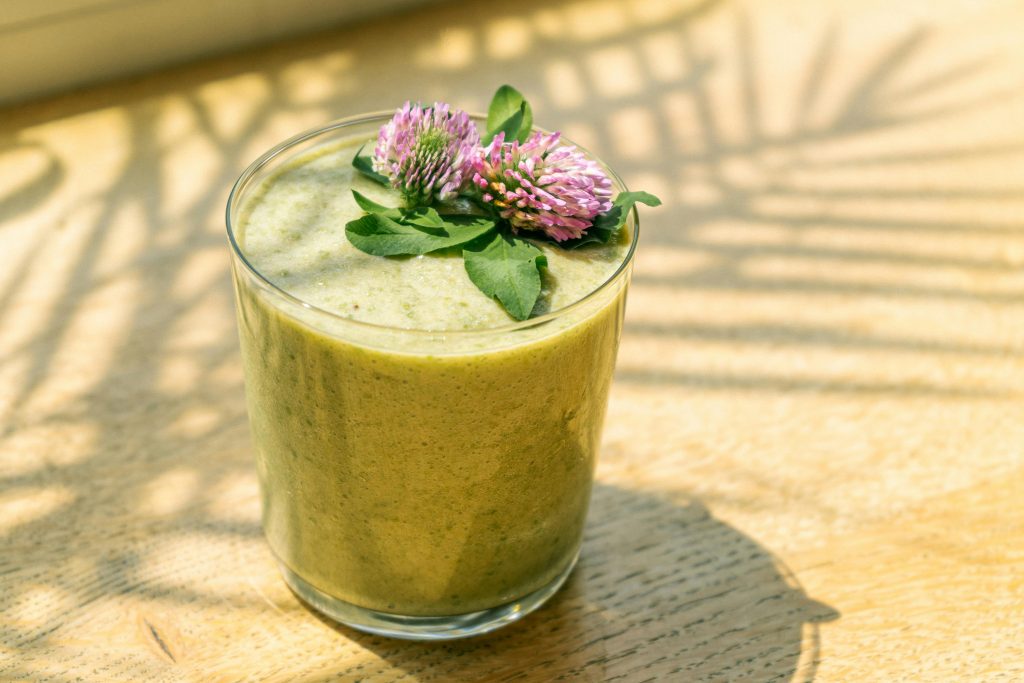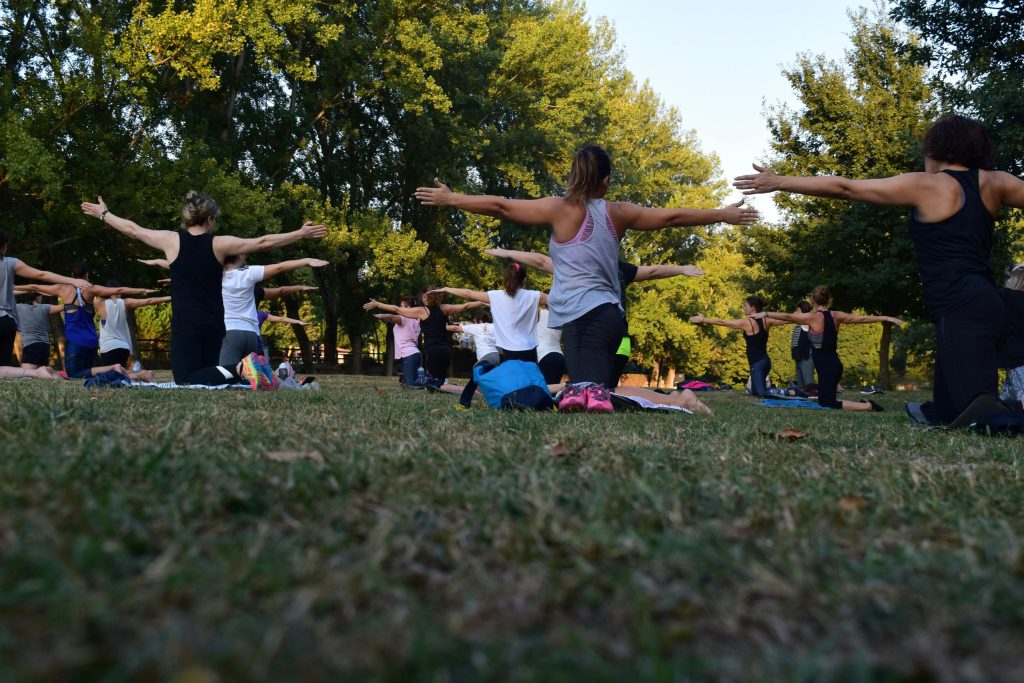Don’t Fall for It: How to Recognise Health Myths on Social Media
Ever scroll through social media and see a post claiming that drinking lemon water will "detox your body overnight" or that a specific supplement will make you "lose 10 pounds in a week—without dieting!"?
Yeah, me too.
Health myths and misinformation is everywhere online. And while some of it is harmless (looking at you, "celery juice cures everything" crowd), other claims can be downright dangerous. The problem? Most of these posts sound super convincing. So, how do you separate real health advice from the junk so you can be sure you create a healthy lifestyle for yourself? Let’s break it down.
1. Ask Yourself: Who’s Behind This Information?
Would you take financial advice from a stranger on the street? Probably not. So why take health advice from random social media accounts? The first step in spotting fake health claims is checking who’s making them.
- Is it coming from a wellness influencer or advertiser with no medical or scientific background who just “feels” like something works?
- Does the information come from a doctor, scientist, or a reputable health organization like the World Health Organization (WHO) or the CDC? And be aware that titles can be deceiving. “Doctor” can refer to any number of things: a medical doctor (MD), a doctor of philosophy (Ph.D.), a doctor of science (Sc.D.) or an honorary doctorate.
If a claim comes from a reliable source, that’s a good sign. If it’s from someone selling a product or making dramatic promises? 🚩 Red flag.

But don’t be too easily deceived by impressive titles or claimed doctor’s degrees, either. During the COVID-19 pandemic, for example, misinformation ran rampant—even from individuals with medical credentials. Some so-called experts made claims that ranged from misleading to outright dangerous.
This is why verifying information across multiple reputable sources is so important. Scientific claims aren’t built on a single article or one person’s opinion. Science is like a puzzle—each new study or piece of research adds to the bigger picture, refining our understanding of what’s effective or true. That’s also why science evolves; as more pieces are added, the clarity of the picture improves, sometimes leading to updated recommendations and advice.
2. Is it a Health Myth? Cross-Check with Reputable Sources
Let’s say you see a post claiming, “Eating garlic cures the flu!” Before you start chowing down on cloves, do a quick fact-check:
- Google the claim and see if it’s backed by scientific research.
- Look for articles from well-known medical institutions—not just blog posts or personal testimonials.
- Check multiple sources. If only one sketchy website supports the claim, it’s probably bogus.
Garlic does have immune-boosting properties, but can it “cure” the flu? Nope. That’s where misinformation blurs the line between helpful advice and misleading claims.
To dig deeper into this, I’ve linked above to a review in the Journal of Immunological Research. A review article is a type of scientific publication where researchers analyze and summarize all the available studies on a given topic. Think of it like a recap of a long-running Netflix series—where instead of watching every single episode (or in this case, reading dozens of individual studies), you get a well-structured summary of what’s currently known in the field.
Review articles provide an excellent shortcut to understanding the “common view” among scientists on a particular subject. So if a review study concludes that garlic supports immune function but doesn’t outright cure the flu, that’s a strong indicator of where the scientific consensus stands.
3. Watch Out for Over-the-Top Language
If a post screams
“MIRACLE CURE!” “GUARANTEED RESULTS!” or “DOCTORS DON’T WANT YOU TO KNOW THIS!”, run.

Legit health advice is nuanced and realistic. Science doesn’t work in absolutes—there’s rarely a one-size-fits-all solution for anything.
Here’s an example:
❌ Fake claim: “Drink this special tea and burn belly fat overnight!”
✅ Realistic claim: “Drinking green tea can support weight loss when combined with a healthy diet and exercise.”
See the difference? The real claim doesn’t promise the impossible—it acknowledges that health results take effort.
Speaking of green tea, let’s take a closer look at that claim…
Does Green Tea Really Help with Weight Loss?
I wouldn’t bring up the green tea claim without checking if it’s actually true! A review published in the Canadian Pharmacists Journal examined multiple studies on green tea and weight loss. Over a 12-week period, participants who consumed green tea preparations lost, on average, between 0.2 to 3.5 kg more than those in the control group.
However, here’s the catch: in most studies, the weight loss was not statistically significant—meaning the differences could be due to chance or other factors rather than the green tea itself. Plus, all the studies used green tea extracts, which contain much higher concentrations of active compounds (catechins and caffeine) than what you’d get from simply brewing a tea bag in hot water.

So, what’s the takeaway? While green tea might offer a small metabolic boost, the amount of weight loss it produces is unlikely to be clinically significant. If you enjoy green tea, drink it! Just don’t expect it to work miracles.
4. Be Aware of Your Own Biases
We all love information that confirms what we already believe. This is called confirmation bias, and it’s why people fall for misinformation.
For example, if you’re skeptical of modern medicine, you might be more likely to believe a post that says “Big Pharma is hiding the cure for cancer.” But if you dig deeper, you’ll find that cancer research is incredibly complex and no, there’s no magic cure being kept a secret.
Another common bias? The bandwagon effect—just because something is popular doesn’t mean it’s true.
Example: “Everyone on TikTok is doing this detox cleanse, so it must work!” Nope. Popularity ≠ truth.
Final Thoughts: Trust, But Verify
At the end of the day, not all health advice on social media is bad—but a lot of it is exaggerated, misleading, or just plain wrong. The key is to stay skeptical, do your research, and always ask, “Does this sound too good to be true?” If the answer is yes, it probably is.
So next time you see a post claiming that coconut oil cures Alzheimer's or that you should never eat carbs again, take a deep breath, do a little digging, and don’t believe everything you read online.
Your body (and your brain) will thank you!
Let’s Keep the Conversation Going!
Did you enjoy this article? Have a topic you'd like me to dive into, or a claim you want me to fact-check? I’d love to hear your thoughts! Drop a comment below.




